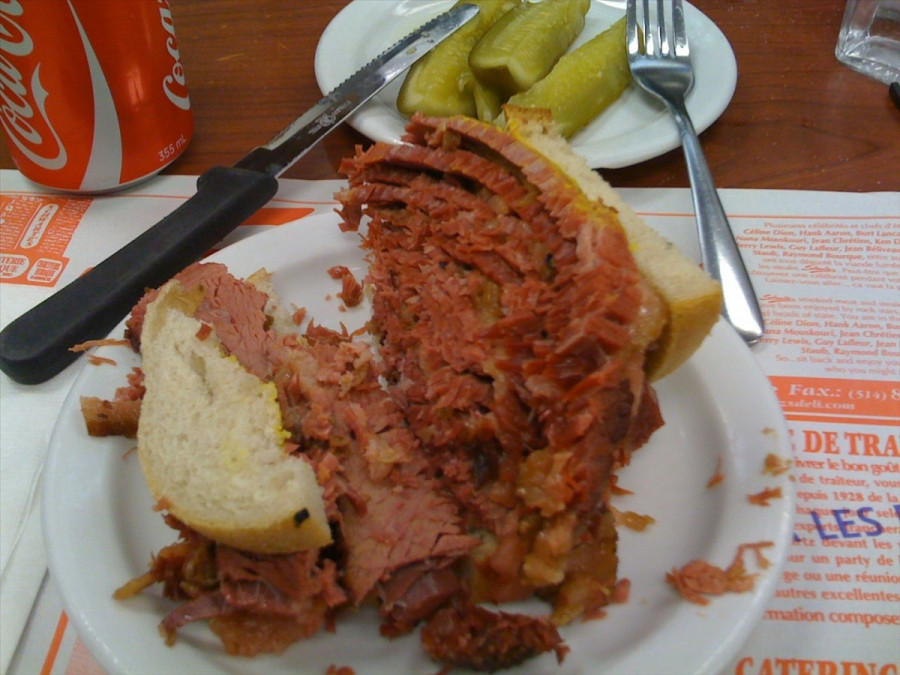Fringe Food
An Ancient Marriage
As a species we’ve been eating ever since, well…we first emerged as cellular life forms. To be sure, ancient cultures dating back before Byzantine have created robust systems of growing, safeguarding, preparing, and categorizing their food sources—in other words studying food in some fashion or another.
But it’s only recently that food has officially made it onto our higher education map here in North America.
From one point of view, it’s an odd turn of events.
Sure, food has suffered several long centuries of neglect in universities, but this only came after its onetime preeminence in the academe. Try studying at an Athenian university during the Axial Age (around 300 BC) without encountering the gustatory exegeses of Epicurius.
Think I’m only referring to a small pocket of privileged Greeks? Well, I probably am. But let’s keep in mind that the big “E” was conscious of gender issues—successfully out-debating some of his bigwig philosopher predecessors to provide education to both genders at his famous school.
If antique academic brains pontificated at length on the pleasures of taste and table, the recent resurge of researchers, known as “food studies” scholars, go much further. Collectively, they analyze the hidden complexity behind everything edible: growing, ethics of circulation, economics, preparation and disposal included. If studying edibles is about the ways in which we eat, it’s equally about ‘foodways’ – the ways in which the food got to the plate in the first place.
So if all sorts of 21st century Epicureans and neo-Geoponicis (the Greek and Roman agricultural philosophers) are now at work around your plate, how do you benefit? You can start by attending a Greek-inflected event happening right at home: Concordia’s first-ever Food Studies Symposium.
The creation of Concordia’s Food Studies Working Group and Centre for Interdisciplinary Studies in Society and Culture (CISSC), this two-day free event brings together university faculty, an invited keynote speaker, and emerging research from food-focused graduate students.
If you’re want more than a classroom-only approach to something as visceral as food, worry not: David Szanto, a PhD student in the SIP program, will be staging “Main Dish”, otherwise known as “Boulevard St-Laurent as meal,” a tasty performance to cap off the Symposium.
Concordia University Food Studies Symposium / April 12 and 13 / EV 6.720
Registration is required – Click Here




__thumb_600_375_90_s_c1.JPG)


